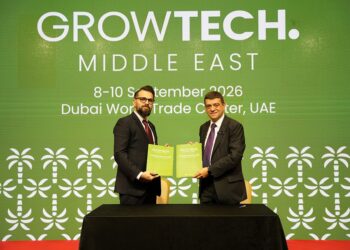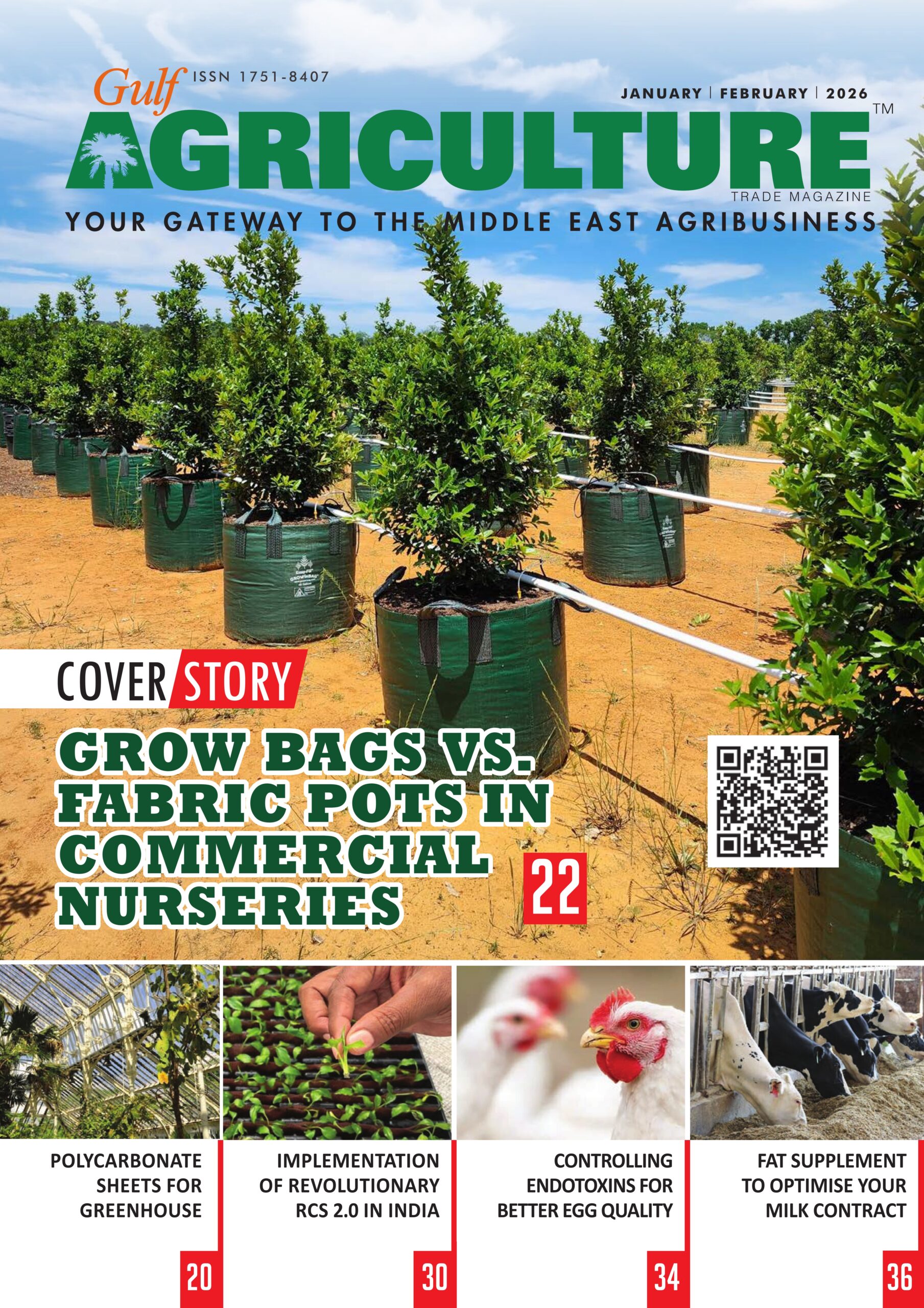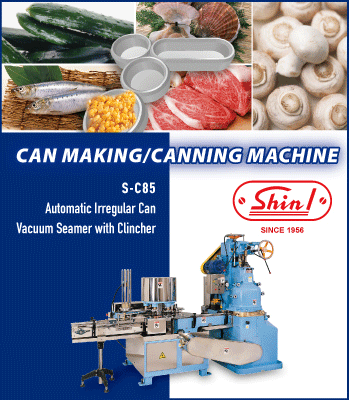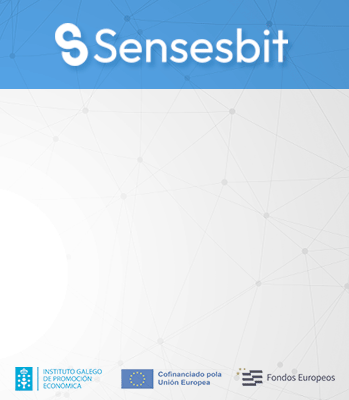Merck Animal Health, known as MSD Animal Health outside of the United States and Canada, a division of Merck & Co., Inc., Rahway, N.J., USA (NYSE:MRK), announced that the European Commission has granted the marketing authorization for NOBILIS MULTRIVA™ REOm for use in chickens. This vaccine is approved for the active immunization of chickens for the passive immunization of the progeny of the vaccinated chickens to reduce viraemia and clinical signs of disease caused by avian reovirus (ARV) genotypes 1 and 4. Additionally, cross-protection has been established for ARV genotypes 2, 3 and 5.
The primary dose can be administered intramuscularly in the breast or thigh regions as a single dose from 7 weeks of age onwards. As a booster, it should be administered from 8 weeks of age onwards, but no later than 3 weeks before the onset of lay. The vaccine should be given at least 4 weeks after administration of the primary vaccination.
“Ensuring effective prevention and control of avian reovirus is crucial for successful poultry production,” stated Maxim Nakhodko, Global Poultry Business Unit Lead at Merck Animal Health. “The approval of NOBILIS MULTRIVA™ REOm represents a valuable innovation for our customers, offering protection against one of the most significant viral pathogens affecting laying and breeding chickens.”
ARV is a non-enveloped virus belonging to the Orthoreovirus genus and is present ubiquitously in commercial poultry worldwide. While not all ARV are pathogenic in chickens and turkeys, some virulent strains can cause clinical symptoms in chicken such as viral arthritis and tenosynovitis. ARV can induce other subclinical disorders such as immunosuppression and malabsorption syndrome. ARV impacts overall chick quality and production negatively in the poultry industry. No specific treatment is available for clinical symptoms caused by ARV and affected birds are euthanized. Currently, vaccination followed by proper cleaning and disinfection (C&D) is the only way to minimize the impact by ARV.





















